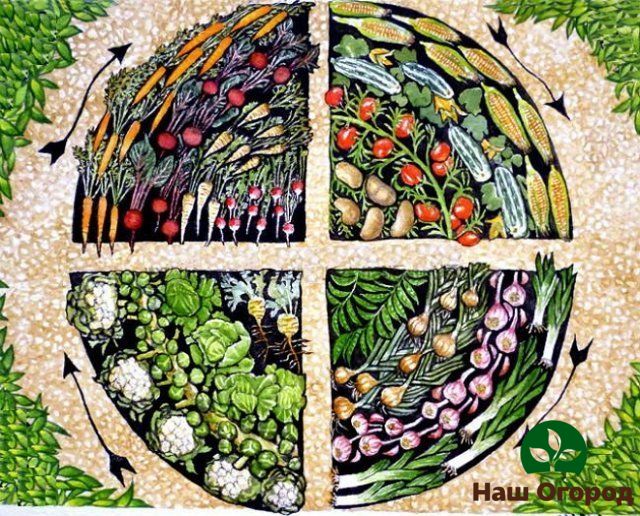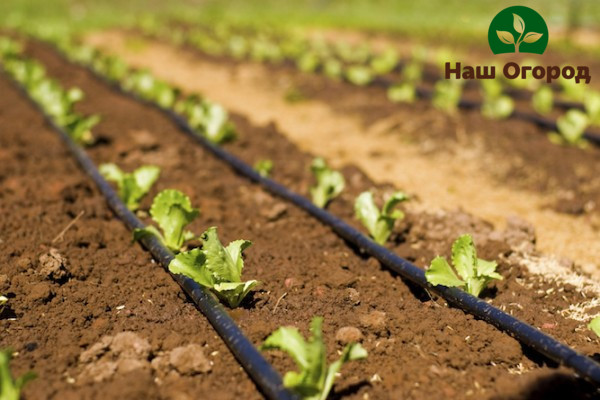TOP 7 rules that every gardener must follow before planting crops
There is nothing more rewarding than growing your own food, whether it be a small vegetable garden on the windowsill or a huge yard in the yard. In self-grown vegetables, fruits and herbs, you will always be one hundred percent confident. After all, they will not contain pesticides and nitrates. It also helps to save budget. Planting plants takes discipline and responsibility, but there are some details to think about before sowing seeds. What should you do before planting? We read the gardener's rules.
Give your soil a little love and care, namely a lot of compost and mulch. All crops need these types of nutrients. To produce your own compost, you need to allocate a small place on your site and throw organic kitchen waste there, such as peels from watermelons, melons, bananas. Grass and dry leaves are also good for this. Mix the compost and mulch with the soil to create a nutrient-rich mixture and add it to the beds and plant holes.
Choose a location that suits your chosen crops... It is very important to choose the right place, because different species need different soil. Some plants love shade, some partial shade, and someone needs direct sunlight. If the soil on your site is of questionable quality, then you can build raised (high) beds, and fill them with suitable soil. For better soil drainage in such beds, it is better to build them with a height of at least thirty centimeters.
Affected plants and deceived pests... If you have your own garden, where you grow your pets every season, then you have probably encountered pests more than once. There is an action called "crop rotation" - this is changing the place of planting crops every year, this is done in order to deceive beetles and other pests in this way, and also to reduce the risk of diseases associated with the soil. For example, it is recommended to plant cucumbers in different places every year.

Give your cultures air... All cultures love space, we can say that this is even necessary, so think before planting any species nearby. For example, planting a salad next to carrots would be a good idea, because one will ripen earlier than the other and free up the space it takes up.
Gardener's rules: remember that the sun is very important... Choose a spot that is sunny enough in your yard. After all, most vegetables need a full sunny day. If the soil of the plants dries out a lot, then try to water a little more or more often.

Think about water supply... Choose a location that is close to a container of water, or run a hose towards the beds. Watering should be regular, but not oversaturate the kidney with moisture. You also need to be careful with the roots, that is, do not erode their soil when watering.
Take preventive measures against pests... Fungal diseases can kill plants in a few days. Prevention and good fertilization in your garden can help you. You can try infection-resistant varieties. Also watch out for diseased plants and if there is a risk to healthy crops, destroy immediately. This can be dangerous for the entire crop as a whole.

